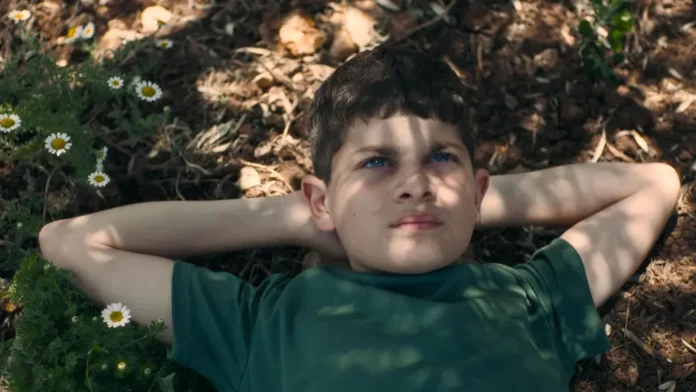Israel’s culture minister, Miki Zohar, has said he will cut state funding for the country’s national film awards after a Palestinian drama critical of the occupation won the top prize.
The Sea, directed by Shai Carmeli Pollak, was named best film at Tuesday night’s Ophir awards, making it Israel’s automatic submission for the Oscars in the international feature category.
The drama follows a 12-year-old Palestinian boy from the West Bank who risks his life crossing checkpoints to reach the sea in Tel Aviv for the first time.
Zohar denounced the decision as “disgraceful,” saying the film disrespected Israeli soldiers.
“There is no greater slap in the face of Israeli citizens than the embarrassing and detached annual Ophir awards ceremony,” his ministry said in a statement carried by Israeli media.
From next year, he said, “the pathetic ceremony will no longer be funded by taxpayers’ money.”
This year’s Ophirs took place in a charged atmosphere. Just hours earlier, a UN independent commission released a report accusing Israel of committing genocide in Gaza.
Many attendees dressed in black, and several winners used their acceptance speeches to highlight the ongoing war, the plight of hostages held since the 7 October Hamas attacks, and the devastation of Israel’s military campaign in Gaza.
Thirteen-year-old Muhammad Gazawi, who won best actor for his performance in The Sea, dedicated his award to children everywhere who should be able “to live and dream without wars.”
His co-star Khalifa Natour, who won best supporting actor, declined to attend, releasing a statement saying:
“Following the army’s entry into Gaza and the genocide that frightens me greatly, I cannot find words to describe the magnitude of the horror.”
The nominations had already sparked a backlash from Zohar, who accused Israel’s largely liberal film industry of elevating Palestinian narratives over national interests.
Other contenders included Nadav Lapid’s Yes, a satire on Israeli complicity in the Gaza crisis, and Natali Braun’s Oxygen, which follows a mother fighting to prevent her son’s conscription. Yes took prizes for soundtrack and editing, while Oxygen was overlooked.
The Israeli film industry has also been caught in a wider global boycott campaign.
More than 1,300 filmmakers, among them Olivia Colman, Mark Ruffalo and Tilda Swinton, have pledged support for Film Workers for Palestine, which urges a boycott of Israeli film institutions it says are complicit in “genocide and apartheid.”
Veteran director Uri Barbash, honoured with a lifetime achievement award on Tuesday, used his speech to condemn both Zohar’s threats and the government of Benjamin Netanyahu.
He called for solidarity across political and ethnic divides: “Jews and Arabs, religious and secular, all of us together will eradicate the evil from our beloved land. It is our sacred duty to end this war and bring the hostages home immediately.”
Would you like me to make this shorter and sharper, more like The Guardian’s online breaking news pieces, or keep the long-form analysis style you’d find in its weekend culture coverage?



















